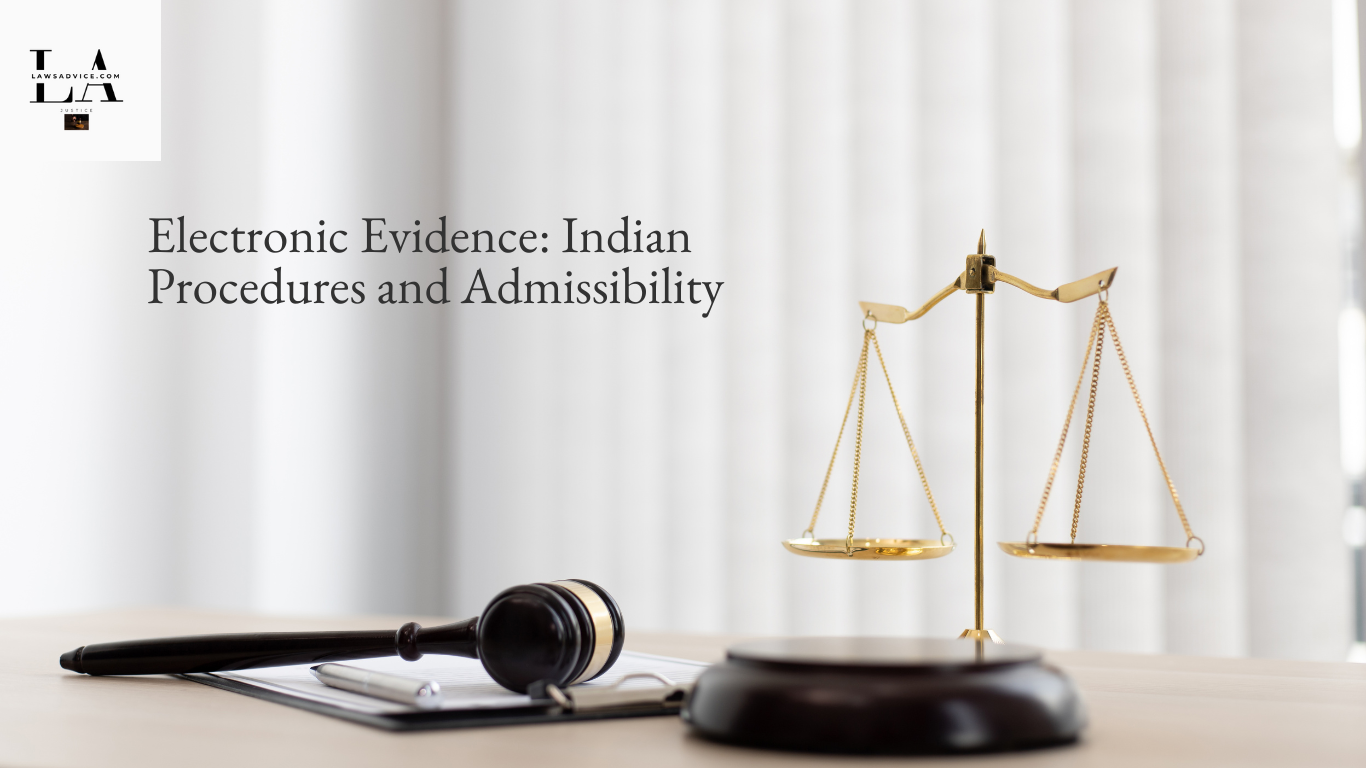Electronic Evidence Admissibility and Procedure.
Electronic Evidence: Indian Procedures and Admissibility. Particularly in the digital age, electronic evidence has grown to be an essential part of court cases. The admissibility and process for electronic evidence…



